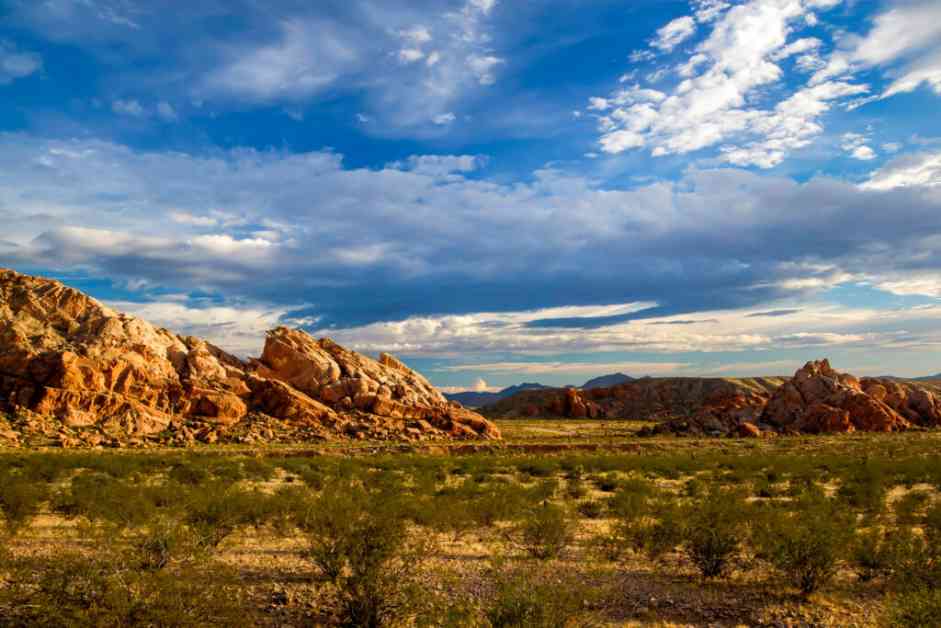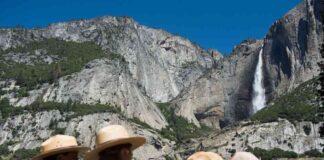Nevada’s Congressional Delegation and Las Vegas officials have been pushing Congress to pass the Southern Nevada Economic Development and Conservation Act. This act would allow public lands managed by the federal government to be sold at auction for expansion. However, a late-night amendment to last week’s budget reconciliation bill has caused controversy. The amendment, aimed at helping the federal government afford tax cuts, lacks provisions to benefit Nevadans and conserve other areas, drawing criticism from backers of the Act.
Reps. Mark Amodei and Celeste Maloy added amendments to the bill that would sell over half a million acres of public land in Nevada and Utah for housing development. Critics argue that this would lead to unsustainable growth, threaten tribal sovereignty, and deplete the Colorado River. The amendment for Nevada could pave the way for development near national monuments and tribal reservations, sparking concerns about the environmental and cultural impact.
The proposed sell-off of public lands in Utah has also faced opposition, particularly due to its connection to the controversial Lake Powell pipeline project. This attempt to fuel growth in the state has raised environmental concerns and drawn scrutiny from various groups. The bill is set to be considered by the full House of Representatives in the coming weeks, sparking debate over the future of public lands and conservation efforts.
Public lands play a vital role in preserving natural resources and wildlife, but the proposed amendments prioritize development over conservation. While some argue that land sales could address housing shortages, experts dispute this claim and warn of potential consequences. The lack of guarantees for affordable housing and the environmental impact of building on public lands raise questions about the long-term effects of such proposals.
Despite the potential economic benefits, the push to sell off public lands has divided communities and environmental groups. The amendment’s focus on revenue generation overlooks the importance of conservation and sustainable development. The opposition to these amendments reflects a growing concern for the preservation of public lands and the impact of unchecked growth on the environment and local communities.
Donations from readers like you fund every aspect of what we do. If you don’t already, will you support our ongoing work, our reporting on the biggest crisis facing our planet, and help us reach even more readers in more places? Your contribution can make a difference in supporting independent journalism and environmental coverage. Thank you for your support.














